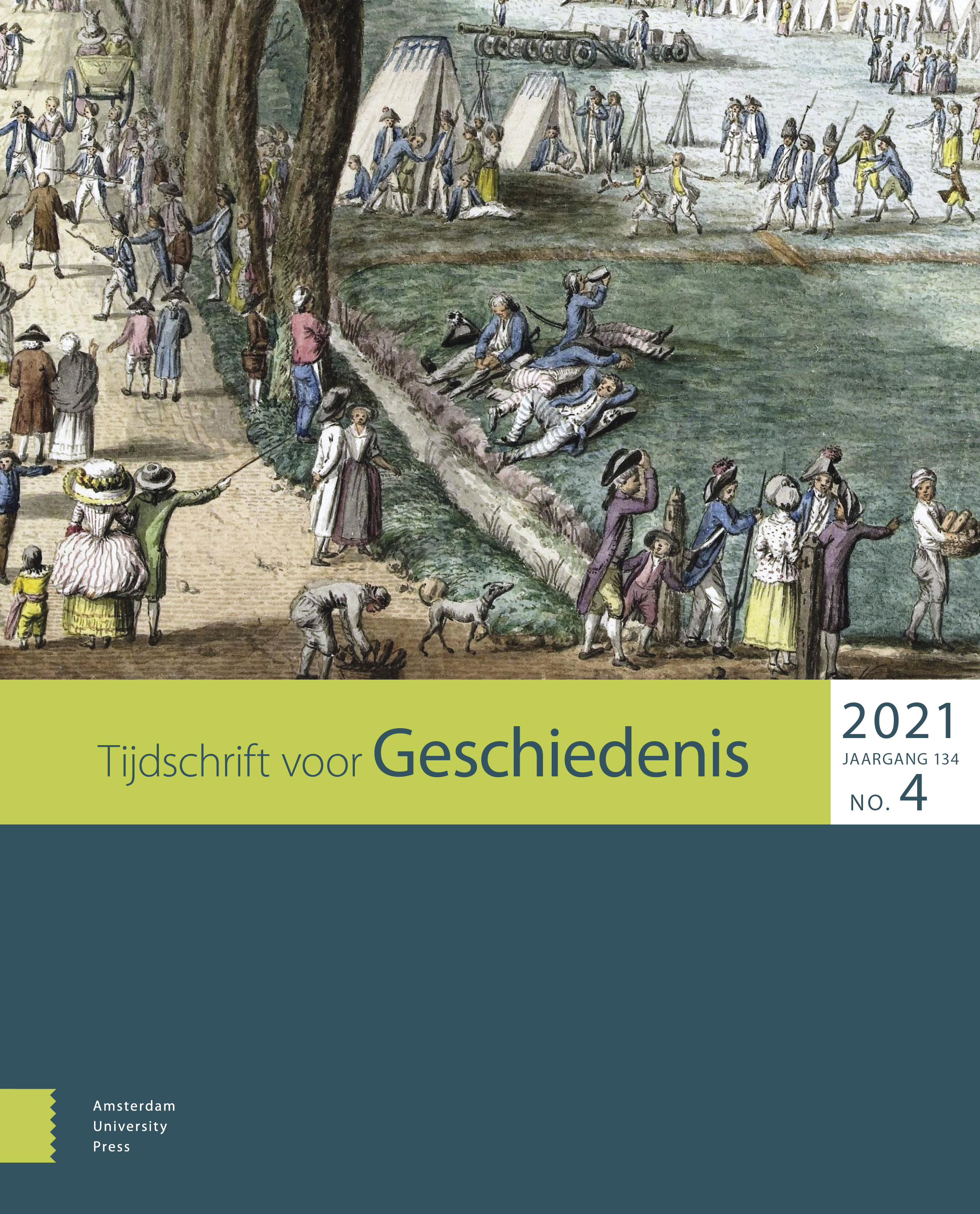-
oa ‘Een koele beschouwing van het maatschappelijk organisme’
De kinderwet van Sam van Houten als economisch idee en het politiek debat over sociale kwesties
- Amsterdam University Press
- Source: Tijdschrift voor Geschiedenis, Volume 134, Issue 4, dec. 2021, p. 583 - 602
-
- 01 dec. 2021
Samenvatting
‘A rational consideration on the organism of society’. Sam van Houten’s Child Labour Act as an Economic Idea and Political Debate on Social Questions
The fight against child labour in the Netherlands, resulting in Van Houtens Child Labor Act in 1874, continues to appeal to the imagination. In the cultural canon of the Netherlands it is one of the fifty key historical facts. This paper shows that the Child Labour Act was not entirely the result of moral aversion to child labour. The original legislation as drafted by Van Houten was driven in the first place by new theories in economics. After comparing the debate on child labour with the debate on prostitution, this papers critically discusses the historiography on government policy, the social question, and political debate in the late nineteenth century.


